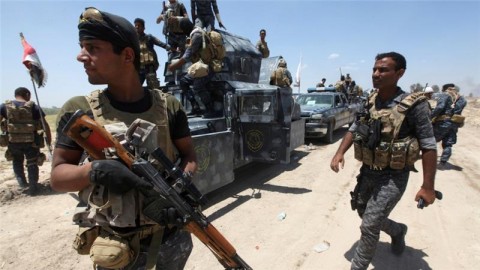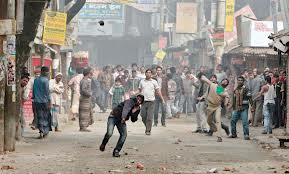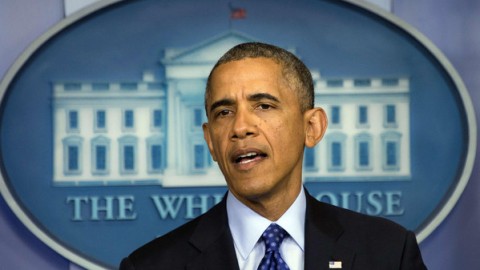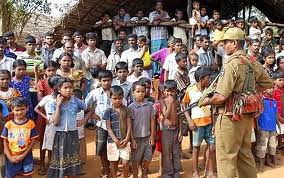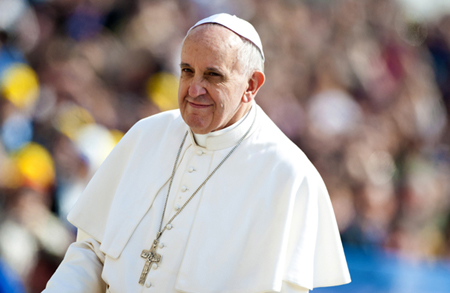2014 has been necessarily paramount and essentially crucial for the entire world. This year witnessed the sudden and harrowing rise of various terrorist organizations. It saw the gradual changes occurring in certain foreign policies of particular countries which have the potential to significantly alter world relations. We lost legends of their respective fields. We committed a few mistakes. We learnt a few lessons. We were at times divided and at times united we stood. As we are drawing near to the end of yet another eventful year, let’s take a look at the major happenings all over the world that impacted our lives and transformed the world. For better or for worse, that’s for you to decide.
Robin Williams’ suicide:
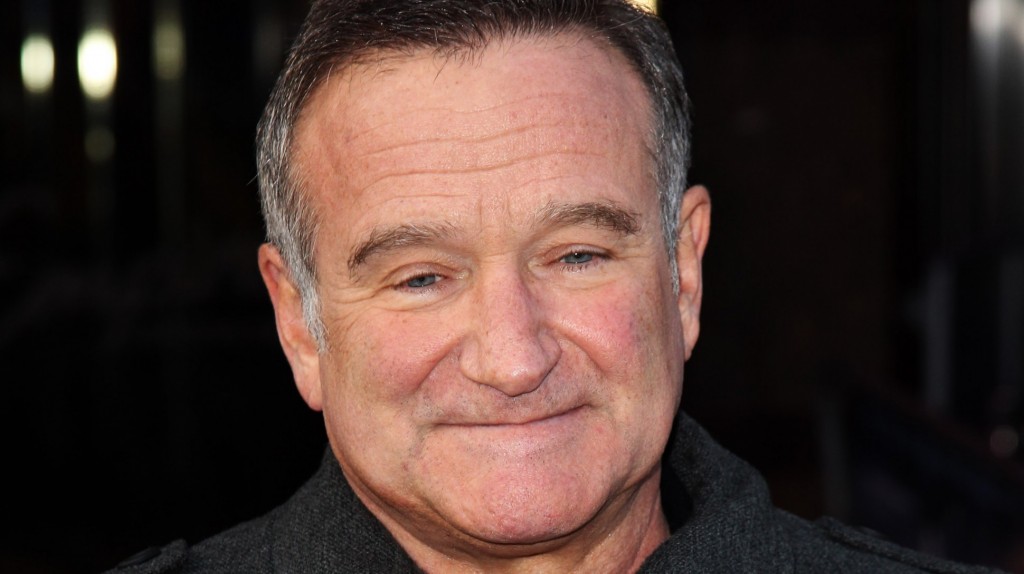
August 11 was a tragic day as the world mourned the death of the legendary actor and comedian Robin Williams who died due to asphyxia because of hanging. The world bade goodbye to an iconic figure and a true great of his time. The actor suffered from severe depression and his death was a harsh reminder of the need to take mental disorders more seriously and consider them as dangerous as any physical ailment. The Oscar-winning Williams left the world at 63 with his unforgettable iconic roles and his wit and charm.
Death of Philip Hughes:
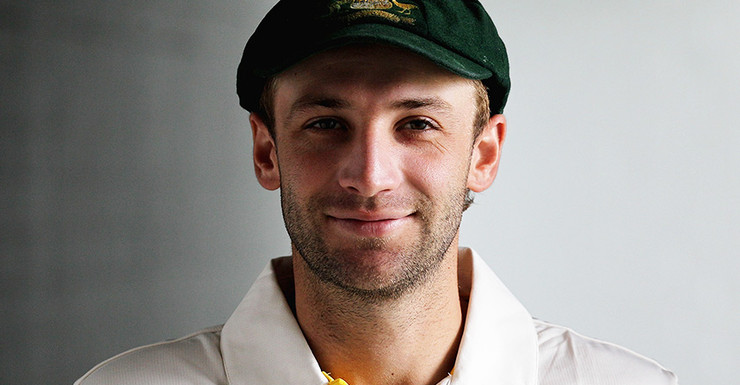
2014 also proved to be a sad year for the cricketing world. Australian batsman Philip Hughes died on November 27 after being struck by a bouncer during a Sheffield Shield match between South Australia and New South Wales at the Sydney Cricket Ground. His untimely death sent the entire world in shocking grief as he passed away just three days short of his 26th birthday. This freak accident brought to focus the security of the players from their equipment since his Hughes’s helmet did not protect the part of his neck where he was struck by a bouncer bowled by Sean Abbot. A promising young cricketer succumbed to his injuries while doing what he loved-cricket.
US-Cuba relationship:
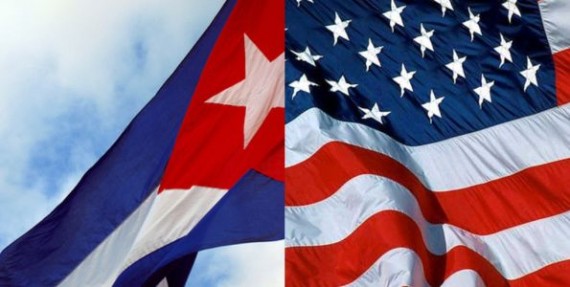
In the month of December a significant development took place when Barack Obama announced the restoration of diplomatic ties with Cuba. Following the Cuban Missile Crisis in 1961, the ties between these two nations were severed acutely as Fidel Castro, the then president of Cuba, displayed his staunch opposition to capitalism and imperialism. After almost 50 years of mistrust and tension, US President Barack Obama vowed to “cut loose the shackles of the past.” Restrictions on travel, banking and remittances will be eased however the embargo will continue. An embassy will be set up in Havana and Cuba will be removed from the list of states that sponsor terrorism. Cuban President Raul Castro also declared that “We must not expect that in order for relations with the United States to improve, Cuba will abandon the ideas that it has struggled for.”
This step is a major breakthrough in the relations of these two countries which has the possibility of dramatically modifying international politics.
Ukraine crisis:

The disintegration of USSR in 1991 might have signaled the end of the Cold War but it surely did not indicate to the resolution of Cold War conflicts. Crimea turned into a politically, geographically and economically strategic location and remained under Russian occupation since 1991. A majority of its population is ethnically Russian and when the pro-Moscow Ukrainian President was dislodged from power in February 2014, armed gunmen began taking control of government buildings in Crimea. A call for secession from Ukraine and subsequently being a part of Russia was given by the people of Crimea. This region was under military occupation as the groups of gunmen were identified as Russian troops. Crimeans voted for secession on March 16 however this vote was marked as illegitimate by the international community. However Crimea still remains a part of Russia despite international condemnation of Russia’s actions.
Ebola Outbreak:
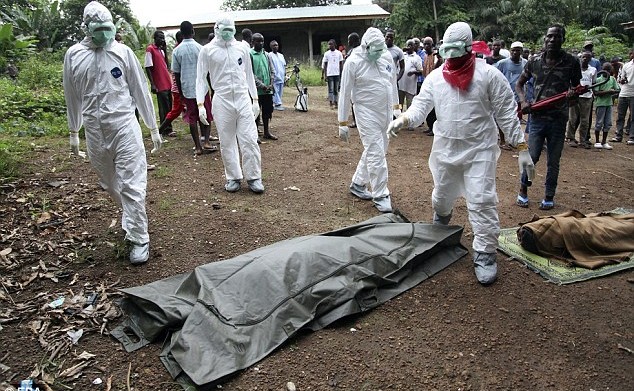
The outbreak of the Ebola virus in West Africa has been declared as an ‘international health emergency’ by the WHO. This dangerously fatal disease has claimed the lives of 3,850 people in Nigeria, Guinea, Liberia and Sierra Leone alone in 2014. First identified in 1976 in Africa, Guinea reported death due to Ebola in March 2014. This epidemic now has a fatality rate of 70% as declared by the WHO.
Missing Malaysian Airplanes:
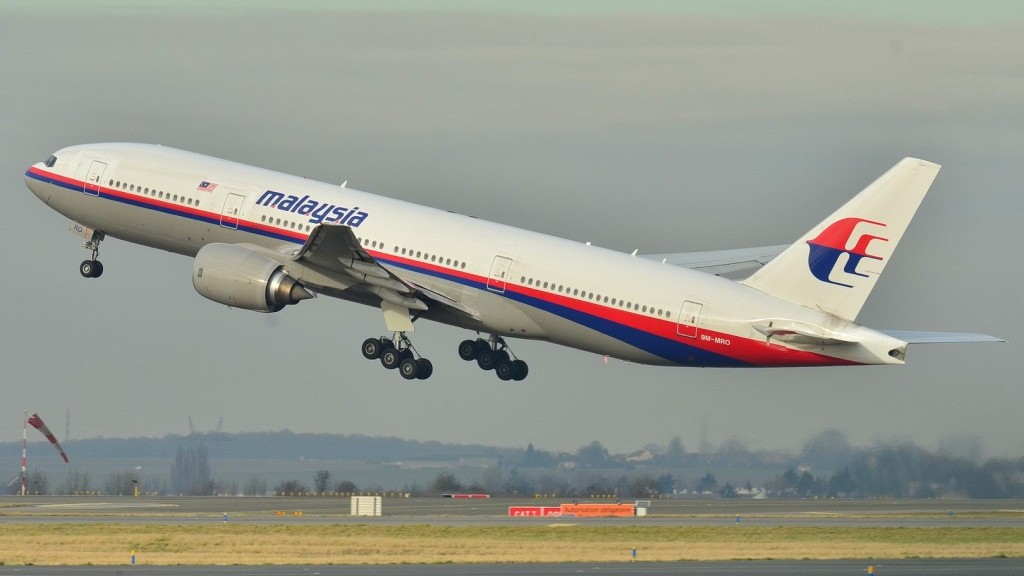
The highlight of 2014 was the mystery of the missing Malaysian Airplane MH370 which disappeared on March 8 en route from Kuala Lumpur to Beijing. On board were 12 crew members and 227 passengers. Despite frantic efforts by the Malaysian government with help from Australia, the search bore no results and its whereabouts remained unknown. Anxiety-ridden families of the people on board clung to the hope of their discovery but vain were those hopes. Search carried on in the South China Sea, southern part of the Indian Ocean and the area around Perth did not lead to any concrete discoveries. Almost 10 months on when it inexplicably went missing, MH370 still remains mysterious.
Nigerian schoolgirls’ abduction:
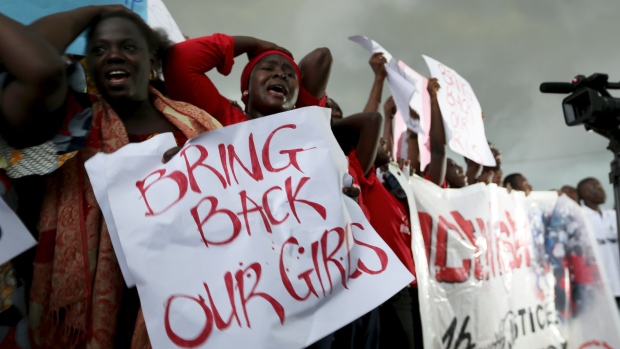
Terrorism cast its shadow in its most ghastly forms with the abduction of more than 200 schoolgirls in Chibok by the Islamist militant group named Boko Haram which means ‘Western education is sin’. Its fundamental aim is to enforce the Sharia Law across Africa. Although the USA lent financial and technical support to Nigeria, it hasn’t directly participated in the suppression of Boko Haram primarily since its activities are limited to Nigeria.
Israel v/s Gaza:
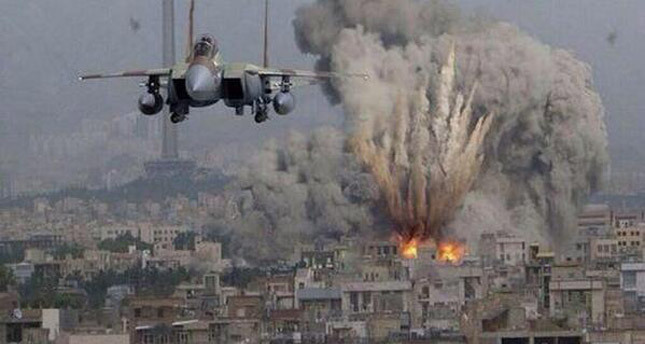
The kidnapping and death of three Israeli youth on June 12 led to the resurgence of the Israel and Palestine conflict after two years of calmness. Israel accused Hamas, an Islamic militant organization that presently controls Gaza, with the death of the boys. As part of the search for the culprit 10 Palestinians were killed. On July 2 a Palestinian teenager was set ablaze as a ‘revenge’ act. This incident sparked greater violence as Israel and Hamas now launched a full-blown attack. Israel invaded Gaza on July 17 after the ceasefire violation on July 15 by Hamas. On August 5, Israel withdrew but it left behind a totally devastated Gaza strip rendered strife-ridden due to undisciplined bloodshed.
Peshawar attack:
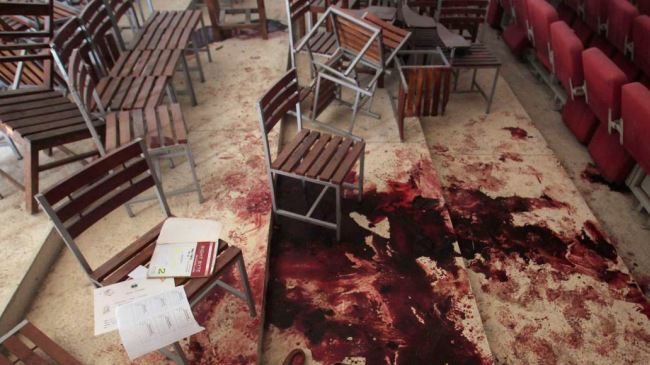
December 16, 2012 sent shockwaves in the entire world because of the Delhi gang-rape. December 16, 2014 was no different. A horrifying attack on the Army Public School in Peshawar by the Taliban led to a bloodbath where 132 children were killed. This incredibly hideous act of terrorism claimed the lives of innocent children between the age of twelve and sixteen. International community condemned this atrocious and grisly happening and the #IndiaWithPakistan was trending on social media to display our solidarity with Pakistan in this dark hour. Pakistan’s Frankenstein moment should have served to be their wake-up call and despite announcing for stringent measures against terrorists and these attackers, Zakiur Rehman Lakhvi, the mastermind of 26/11, was let out on bail two days after the Peshawar massacre on the grounds of ‘lack of evidence’. Certainly, Pakistan did not learn the lesson yet this does not, at any point, lessen the brutality and barbarity that was inflicted on those school kids. No political agenda, no terrorist aim, no powerful message can justify the gruesome carnage.
ISIS activities:
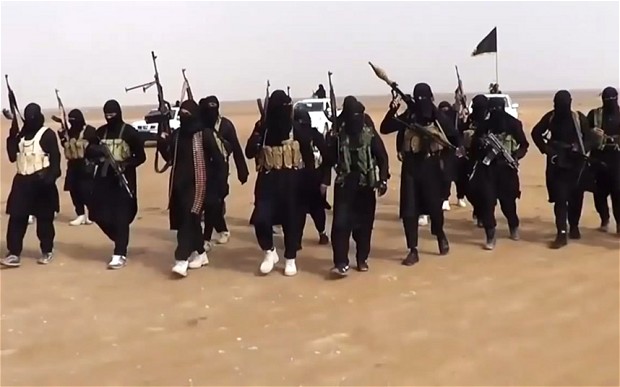
International terrorism reached a new horrid height when the extremist Islamist terrorist organization ISIS (Islamic State of Iraq and al-Sham) launched an attack on the northern part of Iraq in June thereby gaining control over it. Currently it exercises control over eastern Syria and Western Iraq with a primary objective of gaining international recognition for its territories. It has command over Syria’s oil resources, it operates schools and courts and is said to be more brutal than the Al-Qaeda from which it disbanded in 2006.
2014 observed the incessant rise of terrorist organizations who indiscriminately perpetrate violence, crime and hideous attacks on innocent, hapless humans. 2014 observed the growing threats to humanity in the form of these organizations. 2014 observed the increasing tensions in the international community. 2014 observed the loss of great icons who strived to make the world a happier place. 2014 observed the augmenting indifference manifested in man’s attack on man. 2014 observed the rising solidarity among the countries to fight against the forces attempting to dislodge humanity. 2014 observed an ambivalent world atmosphere. However, before wrapping 2014, I have to mention three more appalling incidents which shook us during this year.
The 16-hour long siege at the Lindt Chocolate Café in Sydney by a lone gunman – an Iranian refugee cleric Haron Monis, triggered the potential of a terrorist attack in the Australia. In the encounter two hostages and the gunman got killed.
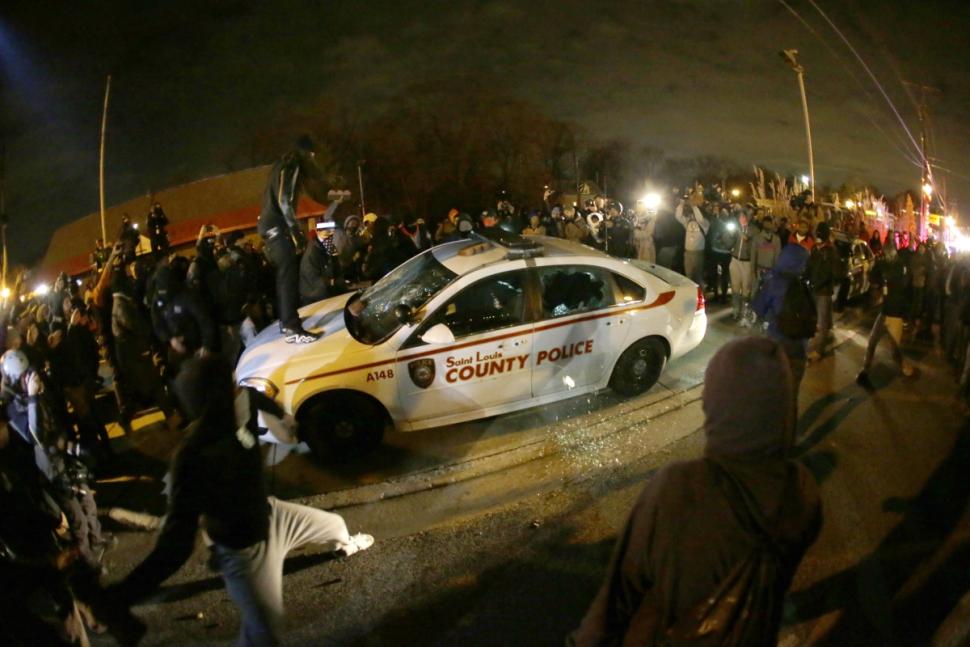
Racism has gripped the United States of America as an almost crippling factor, one that has the potential to cause disharmony and disruption in the entire administrative department of the country. When a grand jury failed to indict Ferguson Police Officer Darren Willson in the case of shooting an unarmed black teenager, it met with an unprecedented violent reaction. Overnight, the atmosphere in Ferguson turned aggressive as over 100 gunshots were fired, 25 buildings were burned and looted and police cars were vandalized to mark the protest against the decision. This culminated to the arrest of almost 80 people. Although no loss of life was reported, the hostile environment delivered a sign of a greater loss of justice.
Another event that made headlines in 2014 was the purchase of the messaging app WhatsApp by the social networking giant Facebook for $19bn making it its biggest acquisition till date. This decision was met with much criticism as it seemed like a much overpriced deal. Whether it was for the good or bad, only time will tell.
Tags: International Events top 10 Top 10 International

